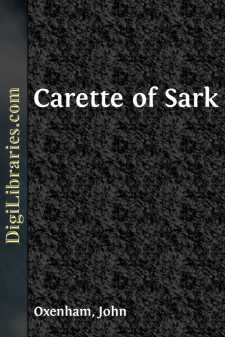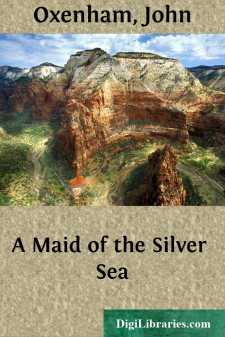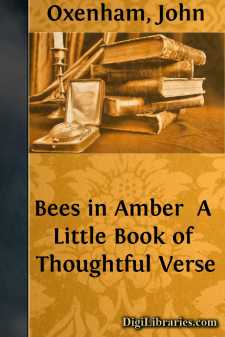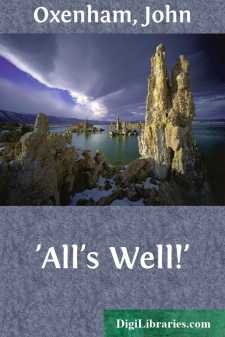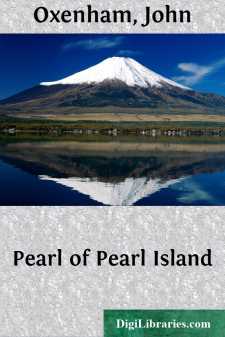Categories
- Antiques & Collectibles 13
- Architecture 36
- Art 48
- Bibles 22
- Biography & Autobiography 815
- Body, Mind & Spirit 144
- Business & Economics 28
- Children's Books 18
- Children's Fiction 14
- Computers 4
- Cooking 94
- Crafts & Hobbies 4
- Drama 346
- Education 58
- Family & Relationships 59
- Fiction 11835
- Games 19
- Gardening 17
- Health & Fitness 34
- History 1378
- House & Home 1
- Humor 147
- Juvenile Fiction 1873
- Juvenile Nonfiction 202
- Language Arts & Disciplines 89
- Law 16
- Literary Collections 686
- Literary Criticism 179
- Mathematics 13
- Medical 41
- Music 40
- Nature 180
- Non-Classifiable 1768
- Performing Arts 7
- Periodicals 1453
- Philosophy 65
- Photography 2
- Poetry 896
- Political Science 203
- Psychology 44
- Reference 154
- Religion 515
- Science 126
- Self-Help 85
- Social Science 83
- Sports & Recreation 34
- Study Aids 3
- Technology & Engineering 60
- Transportation 23
- Travel 463
- True Crime 29
John Oxenham
John Oxenham was the pen name of William Arthur Dunkerley, a prolific English writer, poet, and journalist, who lived from 1852 to 1941. He is best known for his inspirational novels and poetry, often infused with Christian themes. Some of his notable works include "God's Prisoner" and "The Song of Hyacinth," which reflect his deep religious convictions and optimism. Oxenham was also an accomplished hymn writer, contributing to many popular hymns of his time.
Author's Books:
Sort by:
by:
John Oxenham
CHAPTER I HOW PAUL MARTEL FELL OUT WITH SERCQ To give you a clear understanding of matters I must begin at the beginning and set things down in their proper order, though, as you will see, that was not by any means the way in which I myself came to learn them. For my mother and my grandfather were not given to overmuch talk at the best of times, and all my boyish questionings concerning my father left...
more...
by:
John Oxenham
HOW TWO LAY IN A CLEFT A girl and a boy lay in a cubby-hole in the north side of the cliff overlooking Port Gorey, and watched the goings-on down below. The sun was tending towards Guernsey and the gulf was filled witn golden light. A small brig, unkempt and dirty, was nosing towards the rough wooden landing-stage clamped to the opposite rocks, as though doubtful of the advisability of attempting its...
more...
by:
John Oxenham
PHILOSOPHER'S GARDEN "See this my garden, Large and fair!"—Thus, to his friend,The Philosopher. "'Tis not too long,"His friend replied,With truth exact,— "Nor yet too wide. But well compact, If somewhat cramped On every side." Quick the reply— "But see how high!— It reaches up To God's blue sky!"...
more...
by:
John Oxenham
PART ONE: "ALL'S WELL!" GOD IS God is; God sees; God loves; God knows. And Right is Right; And Right is Might. In the full ripeness of His Time, All these His vast prepotencies Shall round their grace-work to the prime Of full accomplishment, And we shall see the plan sublime Of His beneficent intent. Live on...
more...
by:
John Oxenham
I NOTE.—It would be impossible to depict the Sark of to-day without using the names native to the Island. All such names here employed, however, are used without any reference whatever to any actual persons who may happen to bear similar names in Sark. The characters are to be taken as types. The incidents are in many cases fact. If you want murders, mysteries, or mud—pass on! This is a simple,...
more...


